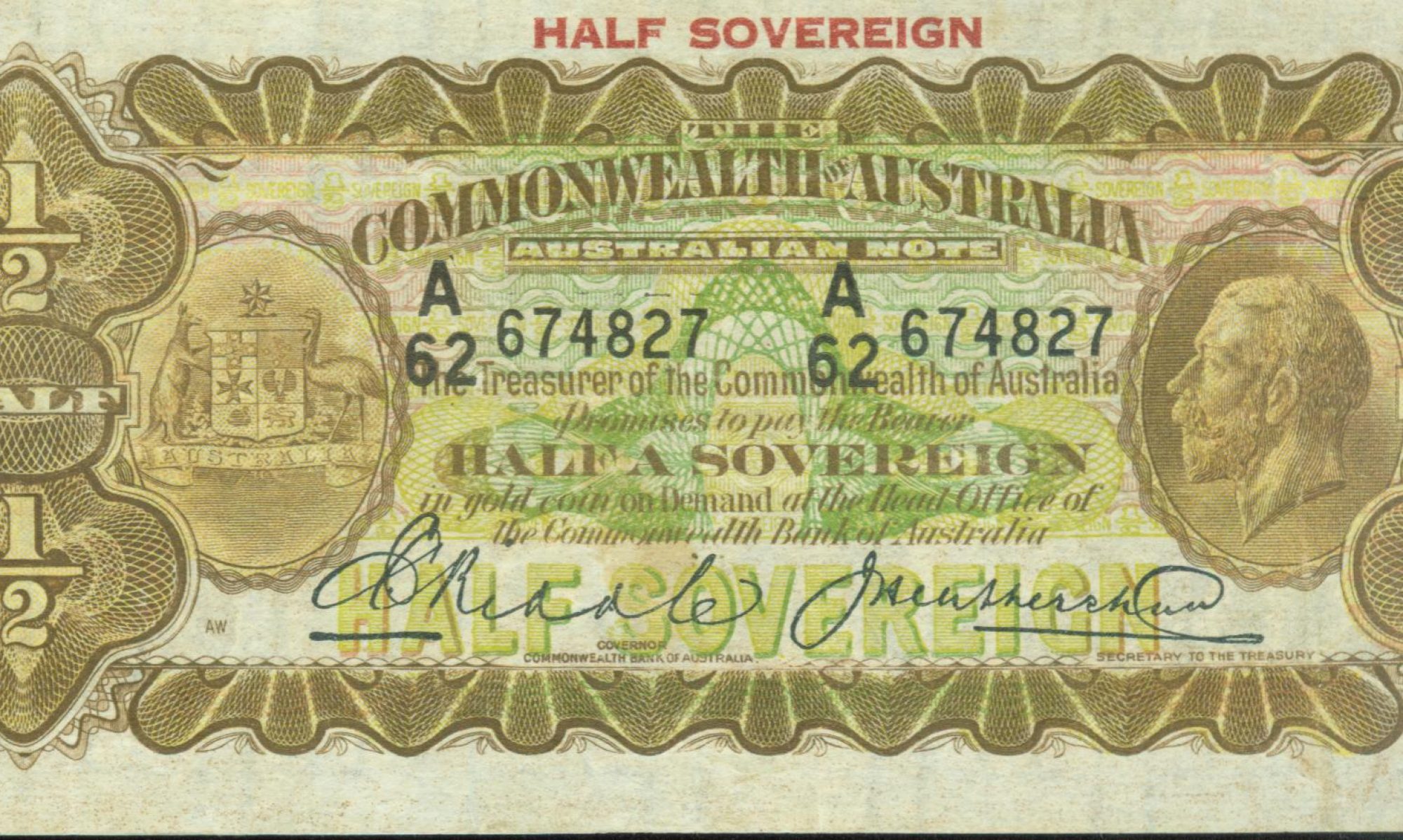by George Dean
 For some thirty years I have had in my collection a well-produced 22mm brass token about which I knew little except the vendor, the late Ron Stewart, informed me that the piece was given to the luckless and perhaps penniless punter as a good luck piece so the latter would not be ‘broke’.
For some thirty years I have had in my collection a well-produced 22mm brass token about which I knew little except the vendor, the late Ron Stewart, informed me that the piece was given to the luckless and perhaps penniless punter as a good luck piece so the latter would not be ‘broke’.
 The piece reads BARNEY ALLEN around and MELBOURNE across, while on the reverse TURF COMMISSION AGENT appears around with LUCKY FARTHING in two curved lines across the centre. All is within a dotted border (both sides). The die work appears to be that of Stokes & Sons of Melbourne, but this is not confirmed The mintage is not known but nevertheless the piece is quite scarce.
The piece reads BARNEY ALLEN around and MELBOURNE across, while on the reverse TURF COMMISSION AGENT appears around with LUCKY FARTHING in two curved lines across the centre. All is within a dotted border (both sides). The die work appears to be that of Stokes & Sons of Melbourne, but this is not confirmed The mintage is not known but nevertheless the piece is quite scarce.
From the wording on the coin one would have to begin research in the racing game, somewhere, sometime. Fortunately for me, in The Melbourne Herald of Saturday, 11th August 1973, there is an article on Barney Allen entitled “Barney Bet his Way to a King’s Ransom”. The author is not known.
From this we learn that Barney Allen was born in Melbourne in 1862 and in 1877 as a fifteen-year-old he set out unaccompanied on a world tour aboard the S.S. Australia bound for San Francisco. His passage had been arranged by the then-well-known bookmaker Humphrey Oxenham, who had given the adventurer a ‘fiver’ for expenses as well.
True to form of his later life, all but 1/- had been gambled and lost on a poker game before the ship cleared Sydney Heads. After a year hoboing his way around America, his brother sent Barney his fare home, but on arrival in Sydney he was stony broke. Such was the humble beginning of one of Australia’s most colourful bookmakers… a man who could coin a king’s ransom one day and the next hire a dozen or more extra clerks to pay out in sovereigns a fortune in winning bets.
So well did he do in the racing industry that by the age of 21 he held a bookie’s license in Melbourne.
To survive in this environment one had to be lucky and he was…mostly. Two years after commencing in business he was down to his last £1,200, but by taking a huge gamble that paid off he was able to clear his debts. Within a few months a further winning streak earned him enough to open a betting shop (then legal) in Bourke Street.
From here he expanded to every capital city. With the passing of time Allen acquired a string of horses and maintained establishments in Melbourne, Sydney and Newcastle. At Muswellbrook he worked the Dartmouth and Red Hill studs, the former being the site of his private colliery.
Barney Allen would bet on anything and never missed a business opportunity. At one time he owned the Bijou Theatre in Melbourne and later the Lycaeum Theatre in Sydney which he eventually sold to George Adams, the founder of the Tattersalls Sweepstakes.
Bad debts and pilfering cost Barney heaps. Prior to a holiday to England with his wife, he employed an “Oxford accented Englishman” who enjoyed a salary of £4,000 as manager of his Bourke Street shop. However on Barney’s return he was fired because all was not well. Years later the former employee boasted he had side traded Allen for £200,000 and he did not even miss it!
Barney Allen always liked to pay in gold and became known as the “Golden King”.
He departed this earth on 11th February 1939 and though luck was not always with him, in his twilight years, he was then far from penniless.
